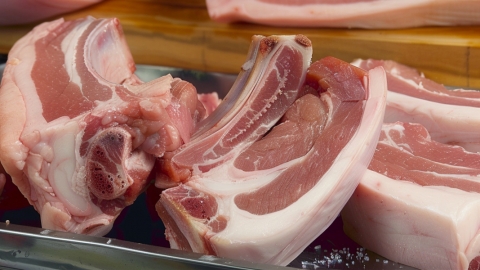Does leftover meat contain nitrites?
In general, whether meat produces nitrites overnight depends on specific conditions such as storage methods and how the meat is handled. The detailed analysis is as follows:

If the meat is fresh and properly handled, promptly cooled to room temperature after cooking, stored in a clean, sealed container, and refrigerated for no more than 24 hours, it usually does not generate excessive nitrites. Low temperatures inhibit bacterial growth, reducing the conversion of nitrates in meat into nitrites. In such cases, the nitrite levels in the leftover meat generally remain within safe limits, making it safe to eat after reheating.
However, if the meat is not fresh, comes into contact with unclean utensils during handling, or is left at room temperature for prolonged periods after cooking without being sealed, it is more likely to develop high levels of nitrites overnight. At room temperature, bacteria multiply rapidly, accelerating the conversion of nitrates into nitrites. The longer the storage time, the higher the nitrite content, potentially exceeding safety standards and posing health risks if consumed.
To ensure safety, maintain cleanliness of utensils when handling meat, cool cooked meat quickly, store it in sealed containers in the refrigerator, and avoid repeated freezing and thawing. Before consuming leftover meat, reheat it thoroughly—high temperatures can kill bacteria but cannot eliminate nitrites already formed. It's best to prepare and consume meat immediately, minimizing consumption of leftovers. If leftover meat has an unusual odor or abnormal color, do not eat it even after reheating, to ensure food safety.




